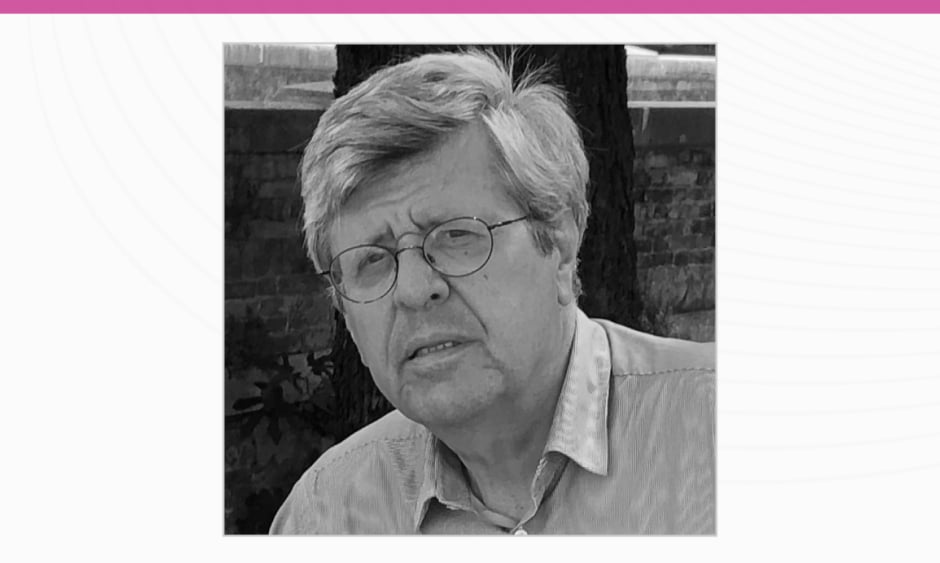Riccardo Soffietti | Chair of the Education Committee at the European Academy of Neurology (EAN) 2021; Head of the Neuro-Oncology Department, University Hospital of Turin, Italy; and Professor of Neurology and Neuro-Oncology, University of Turin Medical School, Italy
![]()
Was there a particular event or person that encouraged you to pursue a career in neurology?
I was attracted early on in my graduation period by neuroanatomy, neurochemistry, and neurophysiology.
Do you think there are any misconceptions about your speciality? What excites you most about the field of neurology?
Still, there is some confusion in the clinical practice between neurology and psychiatry. Molecular and neuroimaging advances in clinical neurosciences have been dramatic and exciting.
What was the key message of your recently published review “Primary prevention of COVID-19: advocacy for vaccination from a neurological perspective”?
Aside from acute neurological complications from COVID-19, mainly linked to the systemic disease, we are increasingly seeing more subtle and delayed cognitive and emotional disturbances. In this regard, vaccination is even more important.
Is there anything that you or the EAN learnt from the first virtual EAN congress last year, that will be carried into this year’s congress?
We learned that a virtual congress that is easily accessible worldwide may enhance the spread of science and knowledge.
What are you hoping to achieve through the launching of a new eLearning platform and mentorship programme for young neurologists at EAN?
The e-Learning platform will cover all subfields of neurology in a dynamic fashion, as it will be continuously updated. The platform will be instrumental for both the European Board Examination of young people but also useful for continuous medical education of certified neurologists. The Mentorship programme will enhance the relationships between expert academic neurologists and young residents fond of receiving advice for their advancements in career.
What are the most significant changes you have seen in the field of neurology and neuro-oncology during your time working with the field?
I cannot list all changes in all subfields. However, new treatments in multiple sclerosis and headaches, and progress in basic science of movement disorders and brain tumours impressed me most.
How much of an impact do you believe the EAN congress has, both directly on neurologists at different stages in their careers and indirectly on patients?
EAN is increasingly reaching neurologists not only in Europe, but also worldwide, especially in Africa and South America. This will benefit the skills of neurologists in taking care of their patients.
Where do you hope to focus next, and what continues to energise your work in the field?
As the Chair of the Education Committee, I will work on new initiatives, such as the development of a Leadership Programme and a Fellowship for talented students during graduation in Medicine.
As a neuro-oncologist, I will further enhance my activity in translational neuro-oncology, including the design of clinical studies on new targeted agents.








